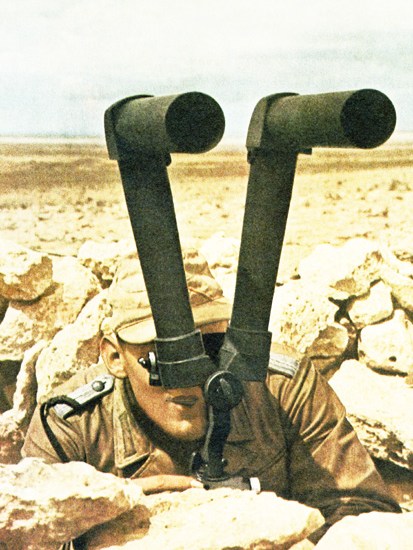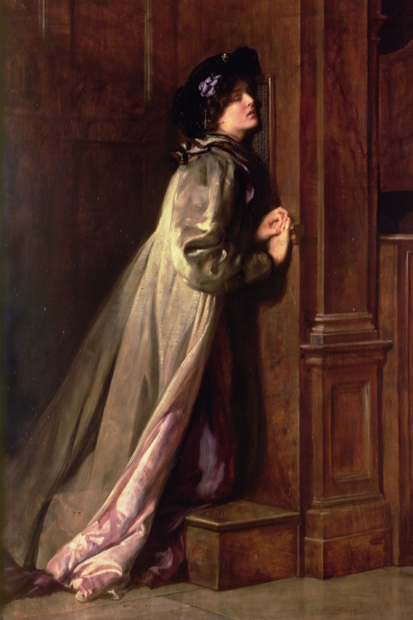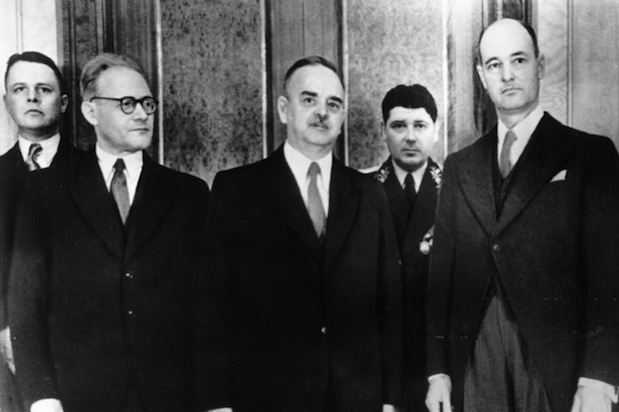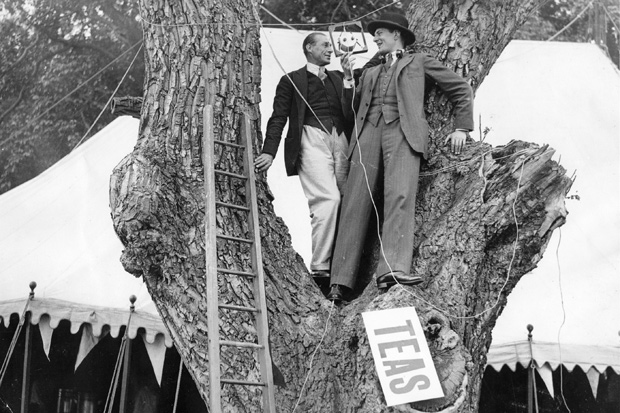What an unedifying affair the war in the North African desert was, at least until November 1942 and the victory at El Alamein. As the author of this brisk study of one of its more admired practitioners writes:
In no particular order, the following were casualties [i.e. sacked]: Wavell, Cunningham, Auchinleck, Norrie, Ritchie, Lumsden, Gatehouse, Rees, Godwin-Austen, Beresford-Pierse, Dorman-Smith, Corbett, Hobart, O’Creagh, Ramsden and Messervy.
Already a subscriber? Log in
Subscribe for just $2 a week
Try a month of The Spectator Australia absolutely free and without commitment. Not only that but – if you choose to continue – you’ll pay just $2 a week for your first year.
- Unlimited access to spectator.com.au and app
- The weekly edition on the Spectator Australia app
- Spectator podcasts and newsletters
- Full access to spectator.co.uk
Unlock this article
Available from the Spectator Bookshop, £22.50. Tel: 08430 600033
You might disagree with half of it, but you’ll enjoy reading all of it. Try your first month for free, then just $2 a week for the remainder of your first year.














Comments
Don't miss out
Join the conversation with other Spectator Australia readers. Subscribe to leave a comment.
SUBSCRIBEAlready a subscriber? Log in